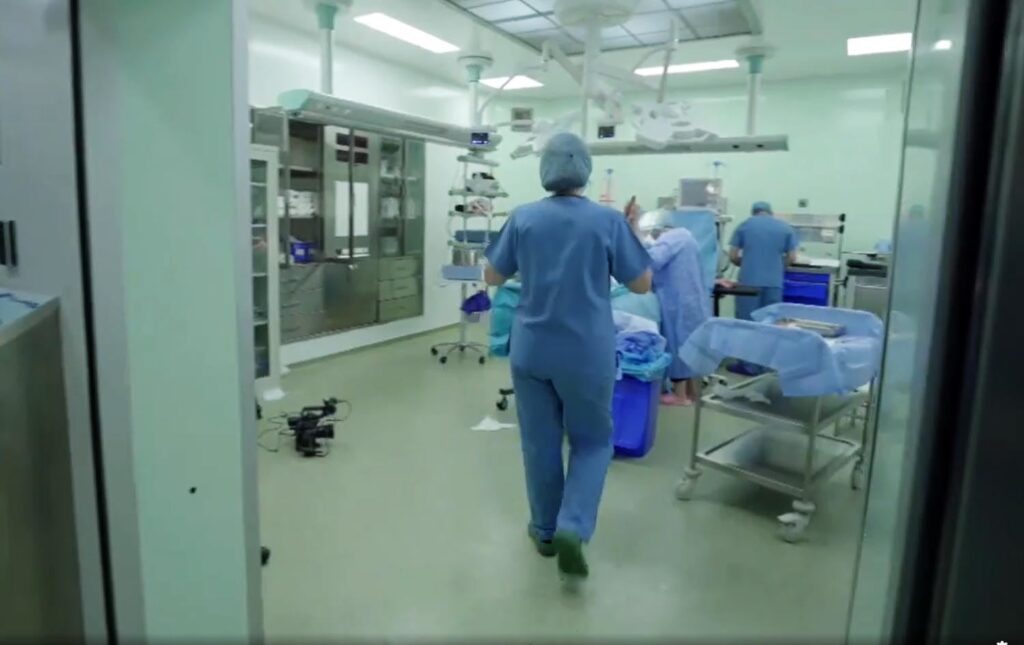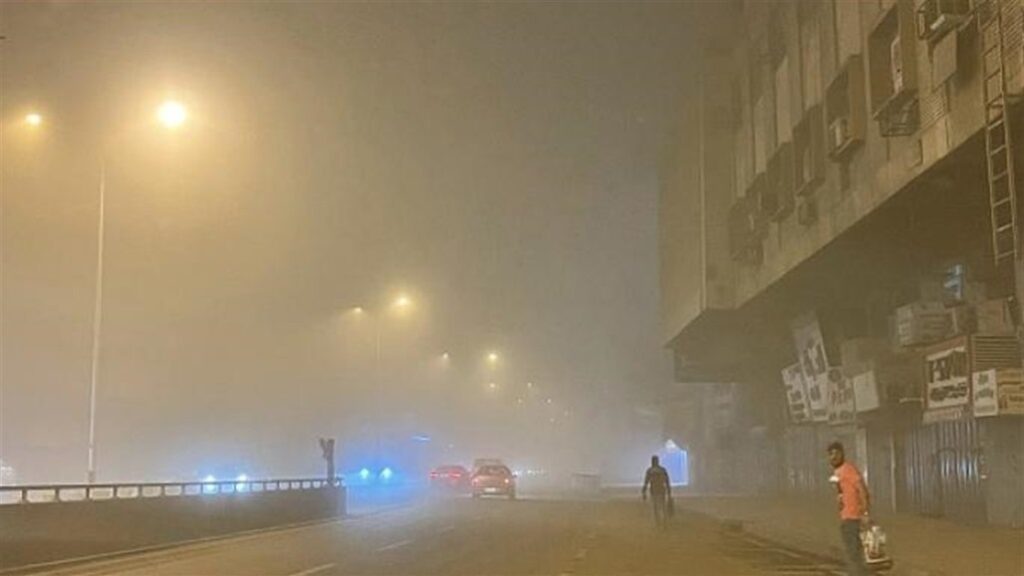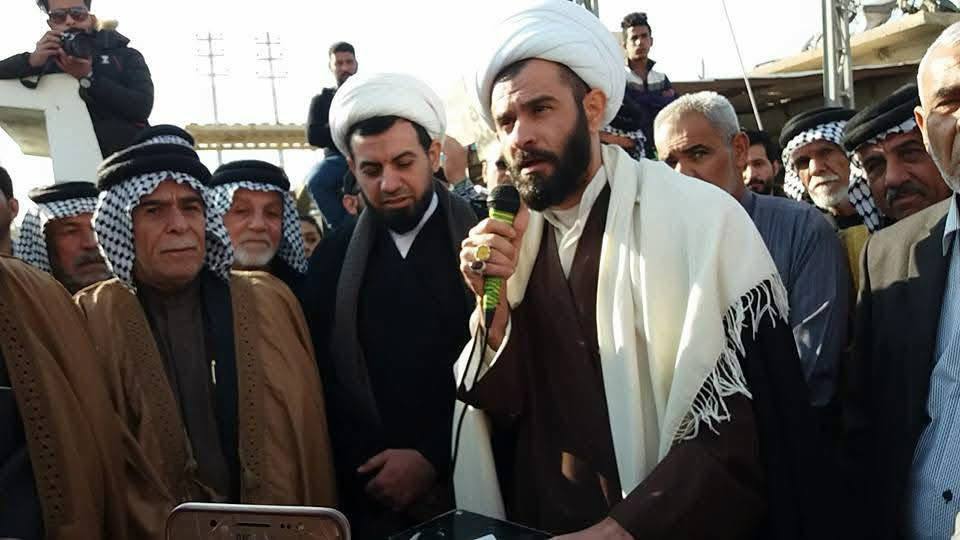Yemen: ACLED Regional Overview – Middle East (19 - 25 January 2020)
Last week in the Middle East, significant developments occurred in Yemen with major clashes in Sana’a governorate, increased Saudi airstrikes, and the stalled implementation of the ‘Riyadh Agreement’. In Iraq, more demonstrators were reportedly killed by security forces, and rockets were fired at the Green Zone. In Lebanon, a new government was formed yet rejected by much of the public. Additionally, the recently released ‘Peace to Prosperity’ plan by the US is anticipated to spur demonstrations in Palestine and across the region.
In Yemen, major clashes occurred in Nihm district of Sana’a governorate near the border with Marib governorate, on the northeastern route to Sana’a. Pro-Houthi forces gained control of the strategic Jawf junction, which connects Sana’a with Marib and Al Hazm. This opens the possibility of pro-Houthi forces advancing towards both the capital of Al Jawf governorate, Al Hazm, and Marib city. On 24 January, Houthi forces claimed to have complete control over Nihm district, though pro-Hadi forces continue to push into the district to prevent a consolidation of Houthi control over the road leading to Marib. Following these developments, the pro-Hadi Defense Minister called for the retaking of Sana’a (Aden al Ghad, 22 January 2020). Significant fighting between pro-Houthi forces and anti-Houthi forces also took place in neighboring Al Jawf and Marib governorates, while there were fewer events in Ad Dali compared to previous weeks due to the flaring up on the Nihm frontline.
Saudi-led airstrikes increased significantly last week throughout areas of pro-Houthi control in Sadah, Sana’a, Al Jawf, Marib, and Amran. Additionally, the Islamic State (IS) reportedly clashed with pro-Houthi forces several times in the Al Qayfa area. This represents a significant increase in IS activity in Yemen with a renewed focus on pro-Houthi forces, as prior IS clashes were focused on fighting Al Qaeda in the Arabian Peninsula (AQAP).
Implementation of the ‘Riyadh Agreement’ has stalled again in southern Yemen. Mutual withdrawals of pro-Hadi and pro-Southern Transitional Council (STC) forces in the South have been limited or disputed (Aden al Ghad, 21 January 2020). Likewise, pro-Hadi officials said that they no longer see any utility in the ‘Stockholm Agreement’ due to the pro-Houthi offensives in Nihm district, which they say prevents any prospective confidence-building measures (Al Masdar, 25 January 2020). Problems with peace agreements and increased fighting threaten to derail what progress has been made toward peace in Yemen.
Meanwhile, in Syria, regime and allied forces continued advancing northwards in the Greater Idleb area, capturing several towns, villages, and parts of the M5 highway. Aerial attacks by regime and Russian forces, along with retaliatory fire by the opposition and Islamist factions, reportedly killed over 50 civilians in northwest Syria. The situation is anticipated to continue in the coming weeks with further advances expected to be achieved by the regime and allied forces.
In Iraq, at least 10 people were reportedly killed and hundreds were injured during two days of anti-government demonstrations that spread to the eastern governorate of Diyala (Xinhua, 22 January 2020). Clashes intensified following the elapsed deadline for the government to fulfill the demonstrators’ demands, reportedly killing two police officers. Heeding the call of Shia cleric Muqtada Al Sadr who called for a “Million Man March,” by Friday hundreds of thousands of protesters marched through Baghdad calling for US troops to leave Iraq (CNN, 24 January 2020). However, later that day, Al Sadr withdrew his support for the popular movement. Security forces launched a violent crackdown, ejecting protesters from their camps, burning their tents, and retaking several strategic bridges. Concurrently, three rockets fell inside the Green Zone (the international zone of Baghdad), close to the US embassy in Baghdad, causing rocket alarms to sound (The Guardian, 20 January 2020). While this attack remains unclaimed, it only adds to the tension between the US and Iran following a string of similar attacks launched by Iran and the Iran-backed Popular Mobilization Forces (PMF). General instability domestically with managing the demonstrations, along with the presence of IS, as well as the foreign presence and intervention, leave Iraq in a difficult situation with limited options to safely resolve these problems.
Furthermore, in Lebanon, anti-government demonstrations continued on Sunday as the ‘week of rage’ concluded. Clashes between demonstrations and police erupted in central Beirut that left a reported 540 people injured between Saturday and Sunday (Al Jazeera, 20 January 2020). Last week, the number of demonstrations throughout Lebanon was fewer than in previous weeks and they were also less peaceful. A new government was formed late on Tuesday, 21 January, with members largely affiliated with Hezbollah. Lebanese citizens were quick to respond on social media calling the government “one color” (Al Jazeera, 22 January 2020). Prime Minister Diab said that the cabinet does not represent a single political party or group. However, rejection of the newly formed government resulted in demonstrations the following day. Demonstrators reportedly blocked over 20 roads throughout the day.
Moreover, the US ‘Peace to Prosperity’ plan for Israel and Palestine was announced on 28 January by US President Trump and Israeli Prime Minister Netanyahu. The plan purports to be a roadmap to a secure two-state solution. The proposal includes territorial exchanges and recognizes Israeli sovereignty over large areas of the occupied Palestinian territories. It also maintains Israel’s control over all land borders, air space, and access to the Mediterranean Sea. Additionally, the plan calls for total disarmament of armed groups in Gaza, particularly the ruling party – Hamas. The massive concessions proposed to Palestinians will be compensated by $50 billion dollars of US aid to Palestine. PM Netanyahu said in the press conference that Israel will be willing to return to negotiations with Palestinians if they approve the plan. Unsurprisingly, Palestinian President Abbas immediately rejected the plan (Al Jazeera, 28 January 2020). Widespread popular protests against the plan are anticipated in Palestine and across the region.




